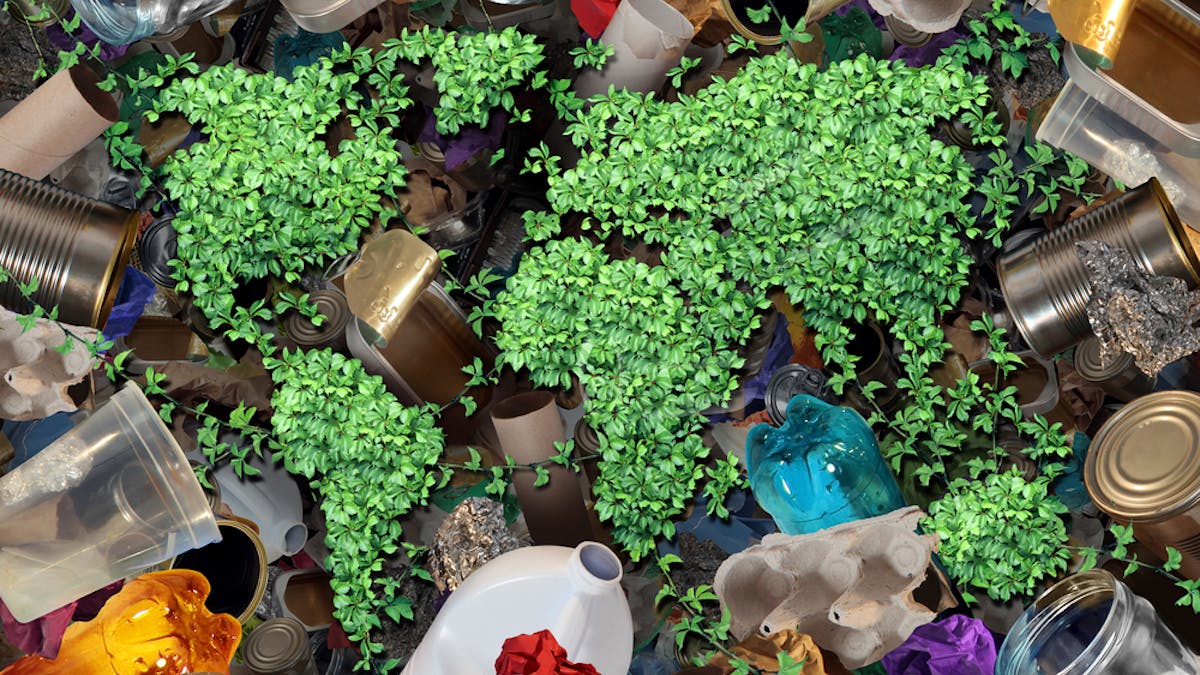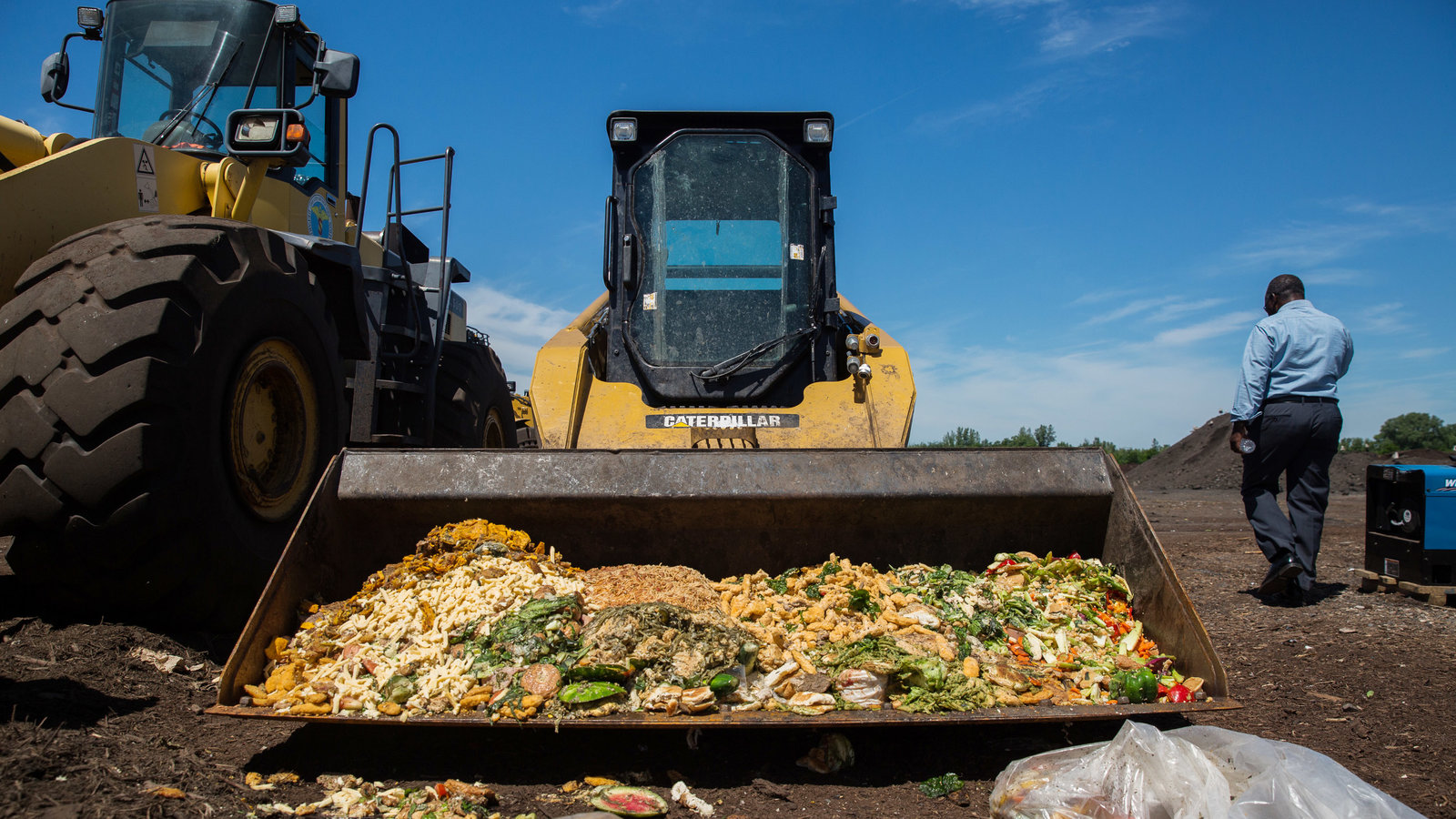Reducing wasted food would probably help lower dangerous emissions into the atmosphere and hamper global climate change, said experts. Over 15% of emissions from farming and agriculture might be avoided if we managed our food supplies better. About 3.3 billion heaps of dioxide come from waste material.

A third of the food produced worldwide is rarely eaten. It tends to get spoilt during day-long transport or in shops. Huge amounts of food are thrown away by consumers, who often buy too many things which they are not eating. While the demand for food per person has stayed identical within the last decades, more and more food is obtainable.

Richer countries waste more food than poorer ones. in keeping with farming experts, more and more food is wasted in growing Asian economies, like India and China. Because of the final gap between the riches and the poor, as people become richer they also adopt western eating habits.
It is not only important to waste less food but also to induce food to the places where it’s needed, where people don’t have enough to eat or farming conditions are bad.

Heads of governments and agriculture ministers from around the world have recently met to debate ways in which waste products may be reduced. Currently, we are producing 20% more food than we really need. With such a surplus of bonus brownies, we could feed another 1.5 billion people where over 800 million people suffer from undernourishment.

